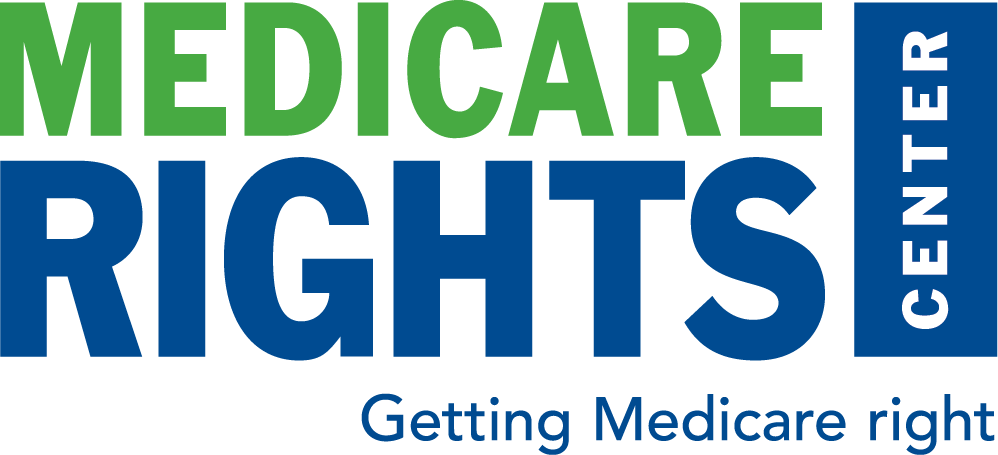
[x_blockquote cite=”Aariz (Lansing, MI)” type=”left”]Dear Marci,
I’d like to see if my mother is eligible for Medicaid. How would she register for the program, and would she be eligible for nursing home care?
[/x_blockquote]
Dear Aariz,
Generally, an individual needs to apply for Medicaid with their local Medicaid office. Some people automatically qualify for Medicaid based on their status with Social Security. Contact your mother’s local Medicaid office to ask how to submit the application. Many states allow you to submit an application online, through the mail, or through community health centers and related organizations. Her state may require a face-to-face meeting at the Medicaid office in order to apply.
States often require documentation to support your application, such as proof of age, like a birth certificate; proof of identity and citizenship or immigration status, like a passport or green card; proof of address, such as a utility bill; proof of income, like a pay stub or Social Security Administration award letter; and proof of assets, like a bank statement.
All state Medicaid programs are required to cover the certain benefits at a minimum. These are known as mandatory benefits, and include inpatient and outpatient hospital services, nursing facility services, home health services, physicians’ services, laboratory services, x-rays), rural health clinic services, transportation to medical services, family planning services, nurse midwife services, tobacco cessation counseling for pregnant people, state-licensed freestanding birth centers, pediatric and certified family nurse practitioner services. Note that Medicaid covers inpatient and outpatient hospital services, home health care, and physician services, which are also covered by Medicare.
Regarding your mother’s needs, Aariz, all states have a Medicaid program for people who need nursing home or long-term care. This is important to know, because Medicare covers long-term care in very limited circumstances. Some people who need long-term care may qualify for Medicaid coverage of this care. This is often called Medicaid for residents of an institution, or institutional Medicaid. Medicaid for residents of an institution covers nursing facility services and general health care. This type of Medicaid may pay for a stay in a nursing home if you need a nursing home level of care and your income and assets are under a certain limit.
A state generally looks at an individual’s need for help with activities of daily living (ADLs) to decide if they need nursing home care.
If your mother meets the medical need requirement, there are a few other things to keep in mind. First, this type of Medicaid considers her and her spouse together when looking at income and assets.
Second, all states have a look-back period of up to five years for Medicaid for residents of an institution. This means that the state will look at any assets that your mother transferred in the past five years. If the state thinks she transferred assets in a way that broke the Medicaid rules, it may not pay for part or all of her nursing home stay. Examples of transfers that are not allowed include gifts, certain loans, or paying more for items than they are worth.
Third, be aware that your mother’s assets will be affected when she no longer needs nursing home care. Some of her assets (including the value of her home in some situations) may be used to repay Medicaid for the care that it covered. If you are thinking about helping your mother apply for Medicaid for residents of an institution, it may be a good idea to speak with an elder law attorney. To apply, contact your local Medicaid office to learn more.
– Marci
The Latest
Most Read
Add Medicare to Your Inbox
Sign up to receive Medicare news, policy developments, and other useful updates from the Medicare Rights.









